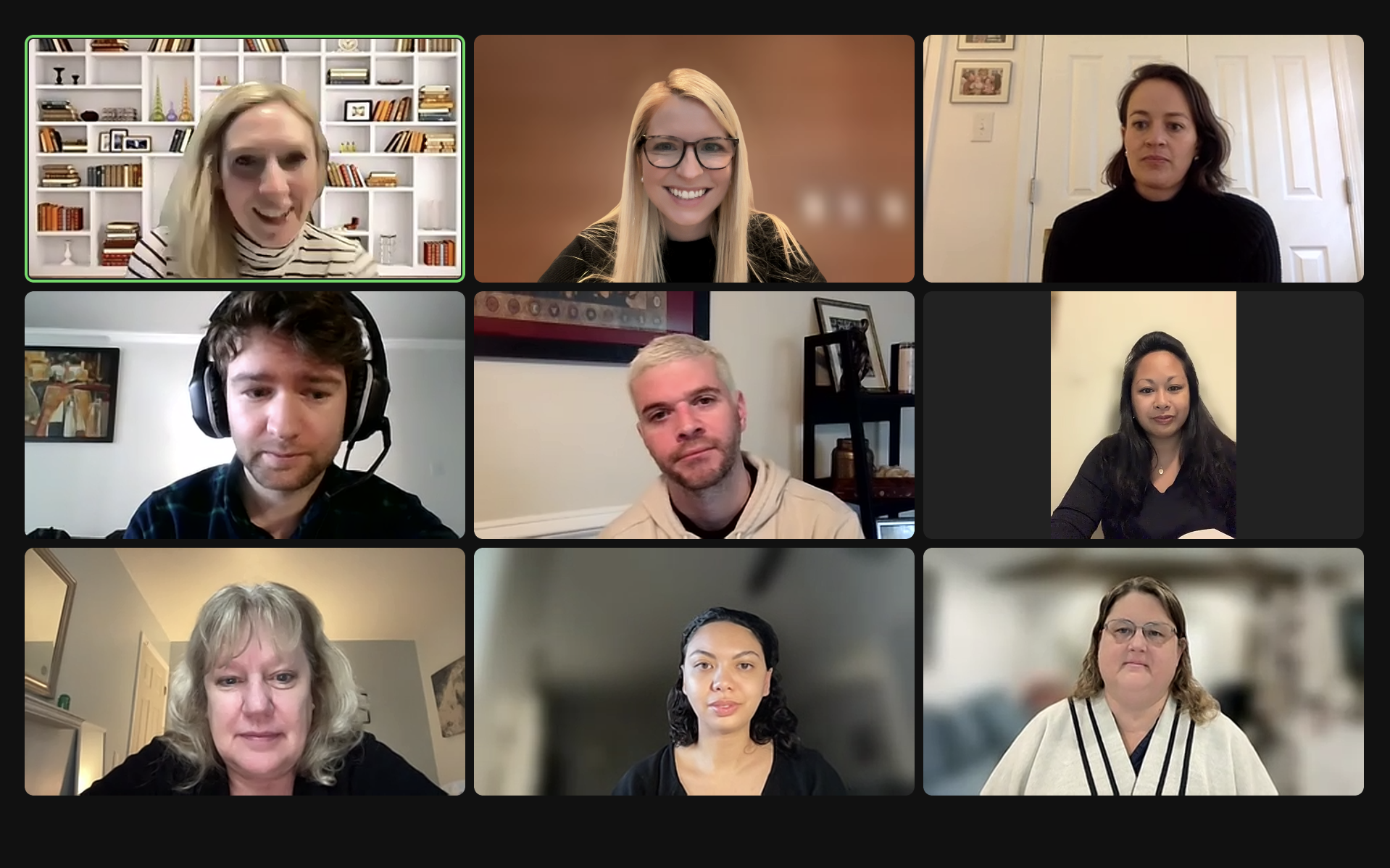Not long now, everybody! The end of the school year is almost here! Just hang on a little bit longer!
BIGGEST COLLEGE-RELATED NEWS OF THE WEEK
NORTHEASTERN: NYC STYLE
Marymount Manhattan College, a small liberal arts school in New York City known for their theater programs, just announced a merger with Northeastern University. After the merger, Marymount Manhattan will be renamed Northeastern University-New York City. This will probably open up more opportunities for Northeastern applicants, who are often given the option to begin their studies at Northeastern at an alternate campus if they aren’t admitted through the traditional process. The merger still needs approval from regulators and accreditation agencies, which could take up to two years.
WANTED: COLLEGE PRESIDENTS
It’s not a job for the “faint of heart”, says Rev. John I. (or as students know him, “Father”) Jenkins, head of the University of Notre Dame for the past 19 years. As he gets ready to step down next month, the school will be looking for new leadership — as are many schools across the country! Along with Harvard, UPenn, Yale, Cornell, and UCLA, among others, 12 of the 58 private colleges in Massachusetts are currently without a president. The pressure to be as politically savvy as possible and of the highest academic caliber as possible is a tough blend to find, but seems to be what is now needed to qualify. Few will make the cut, but will even fewer apply?
THE PRICE OF PROTESTING
The administration at Trinity College Dublin has now rescinded a bill they presented to the Student Union. They had originally claimed that students had cost the university €214K ($232K) in “lost revenue” due to student protests. The university asserted that the protests blocked the entrance to the Book of Kells, a 1,200 year old illustrated manuscript, which attracts over half a million tourists each year. Student groups decried the school’s attempt to silence student voices.
A COLLEGE AND IT’S PROTESTORS COMPROMISED AND CONGRESS DIDN’T LIKE THAT
After a week of protests at Northwestern University with an encampment on the school’s green, the president and the students found a compromise and the protest ended. Unlike many other campus’ protests, this one was fairly peaceful. Students disbanded, removing all the tents except for one aid tent, and no arrests were made. Apparently, the U.S. Congress did not like this and demanded that Northwestern’s president, Michael Schill, present himself before Congress this Thursday. Evidently, “some members are expected to rake him over the coals for making a deal with students instead of bringing the hammer down.”
COLLEGE ATHLETES MAY FINALLY GET THEIR DUES
We’ve covered issues relating to NIL (name, image, and likeness) for years, and the latest update comes in the form of an agreement stemming from three antitrust lawsuits alleging $2.8 billion in damages. Now, however, current and former athletes may soon get paid! That said, details are still in the works with the lawyers, and it could take months before the agreement is finally considered settled. The agreement does not take on the issue of employment — the NCAA will likely continue to try and persuade Congress to pass a bill that would keep athletes from becoming employees.
BEST ARTICLES OF THE WEEK
What does it mean to be a “sell out”? For a long time, the term had the connotation of being someone who has traded in their moral values or integrity in exchange for more immediate gratification — perhaps money, or something else just as vulgar. But, like all human thoughts and ideas, meanings change with time. This article in the New York Times points a post-structuralist finger at young people and examines how they are re-defining the notion of “selling out”. If you go straight for the big bucks in order to position yourself in a place of power and influence to someday help make the world a better place, have you really sold out?
And to rebel against the “old” ideas of what it takes or requires to make the world better — or even to decide what “better” is — is all part of dismantling the false notion of structuralism in the first place. And kids these days do seem to be doing just that! Paging Foucault and Derrida! But seriously, given the instability in the world for the past 20+ years — 9-11, wars, recessions, political divisions, a pandemic, more economic uncertainty — it’s not unreasonable for young people to try and do everything they can to establish a little bit of security for themselves while also trying to balance their strong desire to also create something better. While this article focuses on “elite” college students, I would posit that the desire to have stability and the power to change things for the better is not only limited to the students who attend “highly rejective” schools.
Sticking with the idea about jobs after college, Jeff Selingo’s latest newsletter reflects on how now, more than ever, people are debating the “value” of college — perhaps even to the point of wondering if college could ever guarantee a job as part of their education!
As summer gets closer, are you lining up your summer reading? Are they beach books? Romance? Something with some international intrigue or an adventure to the other reaches of the solar system? Maybe it’s the time when you are free to dig into some dense classics or the long list of “should’ve read” books you keep tacked to your bulletin board. This piece in the Washington Post is a lovely ode to the joy of reading — something we hope everyone finds time to do.
OFFICE HAPPENINGS
Speaking of summer reading — did you know that some college applications ask students to share lists of books they’ve read recently? This is also a common interview question! The beginning of summer is a great time for rising seniors to get a head start and make sure they have a few books to discuss if needed.
Students shouldn’t just mention any books, though — It’s always really helpful if at least a few of the texts can be connected to their individual interests, as a way to strengthen their narrative. To make sure all of our rising seniors are prepared, we have been working on putting together our 2024 Summer Reading List, with recommendations broken down by interest — stay tuned for that!
Lastly, as this year’s admission cycle winds down, college offices around the country are already thinking about next year and what it will bring. As we have already mentioned a number of times, this year’s FAFSA nightmare (still ongoing) and last year’s Supreme Court ruling are likely to change the way admissions officers shape their incoming freshman classes.
One aspect that has become significantly more relevant in recent months involves geography, and zip codes in particular. I have never heard so many admissions officers discuss the impact of applicant zip codes as I have lately! No kidding, it’s a huge topic right now. I would bet that the average parent has absolutely no concept of what a big impact zip codes are having behind the scenes (the thought process is that students from certain zip codes have distinct advantages over those from other zip codes, and that incorporating zip codes into the decision-making process is a legal way to achieve a more diverse class).
I was happy to weigh in on this for U.S. News readers last week — check out How Your Hometown Could Affect Your College Prospects — it explores how colleges will use geographic methods to grow a diverse student body.
This is so Vienna-specific, but every time I hear the zip code discussion I think about the nuances of 22182 and it makes my head spin. For what it’s worth, the admissions officers have been very clear about how they are assessing applicants in the context of their home zip code, not their school zip code.
As a 22182 resident, I’m zoned to Colvin Run, Cooper, and Langley. Arguably some of the best schools in the state. I chose to live here specifically for the schools and the opportunities for my children.
Yet there is a whole other part of 22182 on the other side of Tysons that is so, so, different in terms of racial, ethnic, and socioeconomic diversity. And some students from that area attend an elementary school that is ranked 3/10 on GreatSchools. But it’s the same zip code!
While this is a local example, there have got to be so many other places like this across the country. It really makes me wonder about the consequences of this newfound emphasis on zip code and how it will impact students in zip codes like 22182. Only time will tell!




























